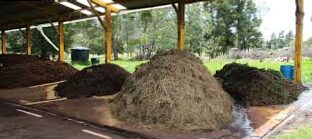The secret to cultivating healthy plants is on the ground. The flowers, fruit or vegetables we plant need sufficient nutrients to ripen and these are found on the ground. The ideal floor is rich in nutrients, easily retains humidity and downloads well. Time and time do not always play in our favor, we often intervene to guarantee these properties on the field. In this article, we will focus on improving the quality of the soil by adding organic fertilizers and nutrients.
How do the natural sources of fertilizers work?
Snothing or organic nutrients, the principle is similar. By adding, we provide the «food» necessary to improve the quality of the soil, so we allow the plants to extract the elements they need.
Bacteria are the basis of the effectiveness of organic fertilizers. More precisely, the natural bacteria present in the soil, in a state of sleep, are activated in contact with the organic matter supplied in the form of compost or organic manure. The bacteria put themselves at work, transforming organic matter into nutrients and humus, heating the soil. From this fertile humus, plants gradually extract the substances they need to grow and remain healthy. Since agricultural production is renewed year after year, the soil is depleted because each new crop consumes nutrients. That's why it is important to feed with fresh biological material every season to be able to feed plants.
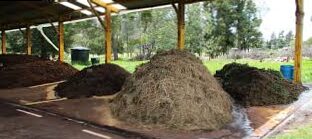
Organic nutrients
Organic nutrients can come from different sources of animals or vegetables. They play the role of the natural fertilizer and will apply directly on the ground that we want to enrich with nutrients. We can use various plant waste obtained from agricultural production, leaves, cafés, egg shells, plants infusions such as the Marian thistle, the liquid obtained from the fermentation of the orthiga, payment obtained from the birds of domestic birds as a source of organic nutrients. O Excrement and urine cattle. These materials will be introduced into the soil in moderate quantities so as not to inhibit the growth of plants. In large doses, organic nutrients can affect the seed germination process, preventing fruit development. The united organic substance is deposited in the ground, therefore it is introduced only on the surface, penetrating the ground up to a maximum of 10 cm. Fresh biological fertilizers should not go to direct contact with the roots of the plants.
compost
Compost is a more complex natural fertilizer obtained from the decomposition of various domestic and vegetable materials. They are the «leftovers» so called that we put together in the compost to obtain an ecological fertilizer full of nutrients as a final product. To take the subscriber, they respectively combine different materials with a high nitrogen or carbon content, green or brown. From the first category we can appoint pastures, leaves, flowers, remains of plants, weeds or excrements of animals and some examples of the second category are straw, hay, sawdust, branches or paper. A container as containers for fertilizers, already known among farmers and easy to buy directly from our site. At the same time, compost can already be purchased prepared. To distribute it in the garden, you will need a tool as a fork of fertilizers with the help from which you can easily lift and extend the material.
What are the advantages of the natural fertilizer?
First of all, they represent organic fertilizers or nutrients. Forms of sustainable fertilizers. They will actually feed the soil without damaging the environment, they are 100%natural and organic materials. In addition, the organic fertilizer prepared at home is obtained for free, being easy to collect above all from families who have animals and birds that can provide the raw material.
Another advantage of organic fertilizers is that they make the land more and more malleable and easy to work, thus facilitating agricultural practices. Due to the action of nutrients, the soil becomes less compact, forming small holes through which water and air can penetrate, which will stimulate the growth of the roots and therefore plants.
Entering the ground, organic matter will behave like a sponge, absorbing the necessary quantity of water and allowing to eliminate excess. This translates into a good ground drainage. At the same time, organic nutrients will attract various organisms that in turn consume them and transform them into other nutrients.
When should we apply organic nutrients?
Well, even in this period. Autumn is the right station to take care of the ground, preparing it for the production of next year. After several seasons in which we have regularly added natural fertilizers, the quality of the soil will improve visibly, becoming more fertile and nourishing.
At the same time, the natural fertilizer can also be used for sowing, adding it to the portion of land where plants will be positioned. You can also plant flowers in pots by adding fertilizers on the ground. In both cases the plant receives a nutritional complement from the early stages of growth. During the year, compost can also be used as a fertilizer for plants that mix it with water and spray it.
A better floor means a richest and most beautiful green garden. Sustainable fertilizers solutions, such as biological fertilizers and nutrients, are no longer new to the modern farmer. With a small effort and anticipation we can make the most of the organic nutrients that we have available at our house, thus nourishing our garden naturally. As we know that there is no time to waste time, we wish you a lot of luck at work and we do not forget that we are at your disposal with different compost products, this will facilitate your work.
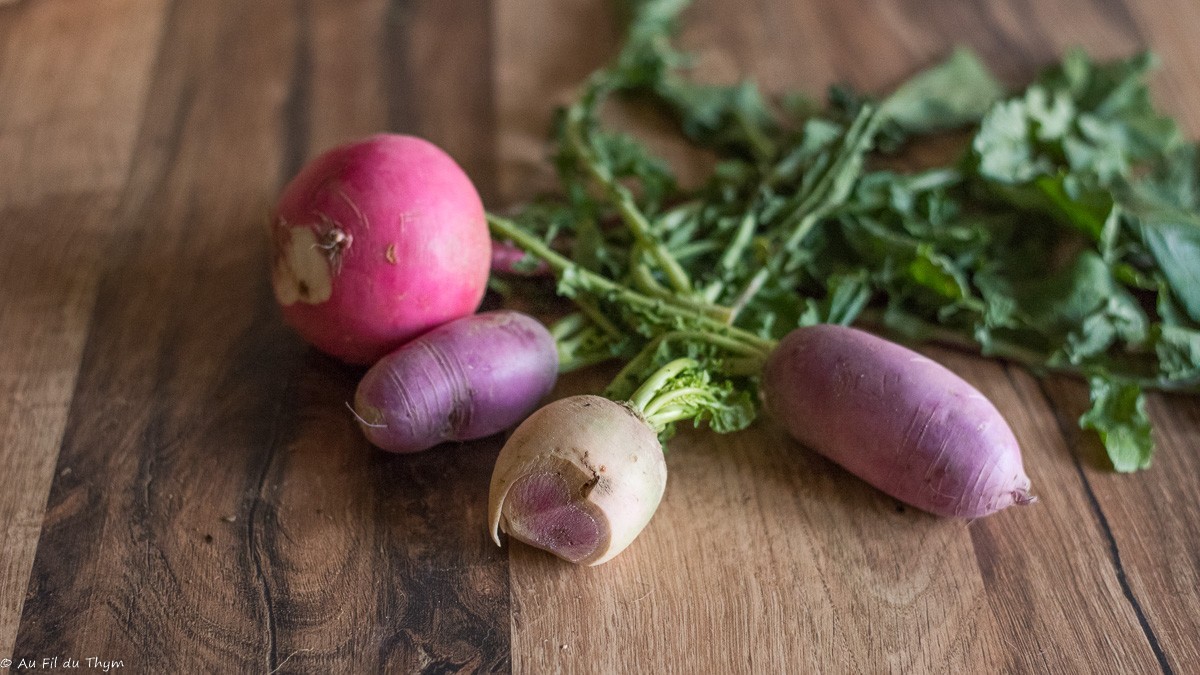
How to cook winter radishes?
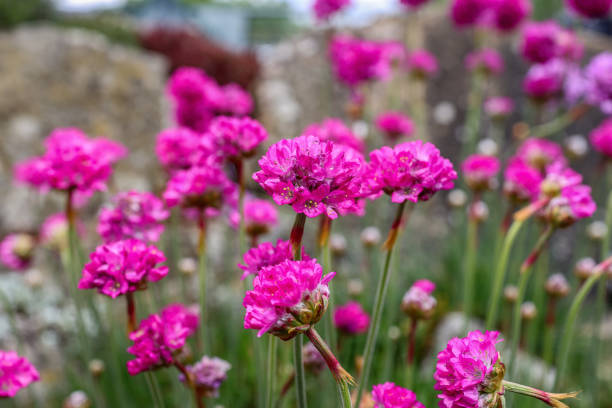
FLOWER CLOVE-MARITIMA ARMERIA: Cultivation and care
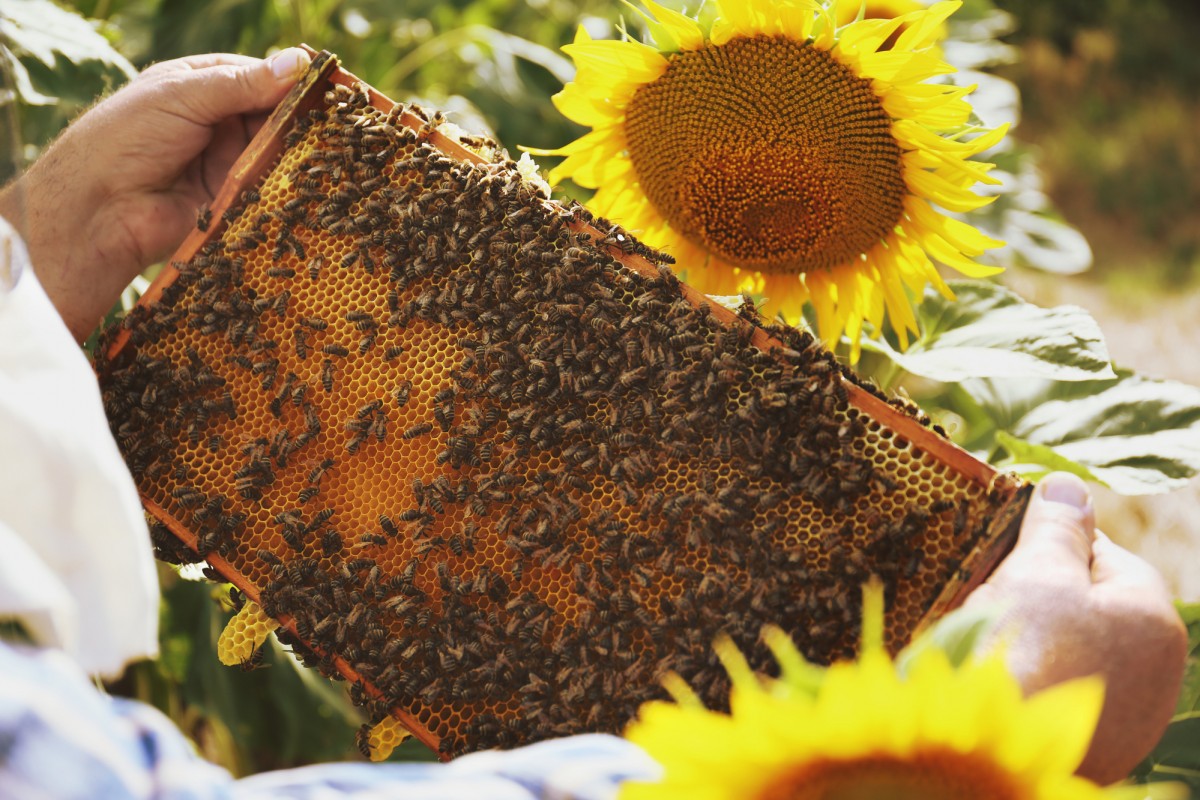
The importance of bees for pollination
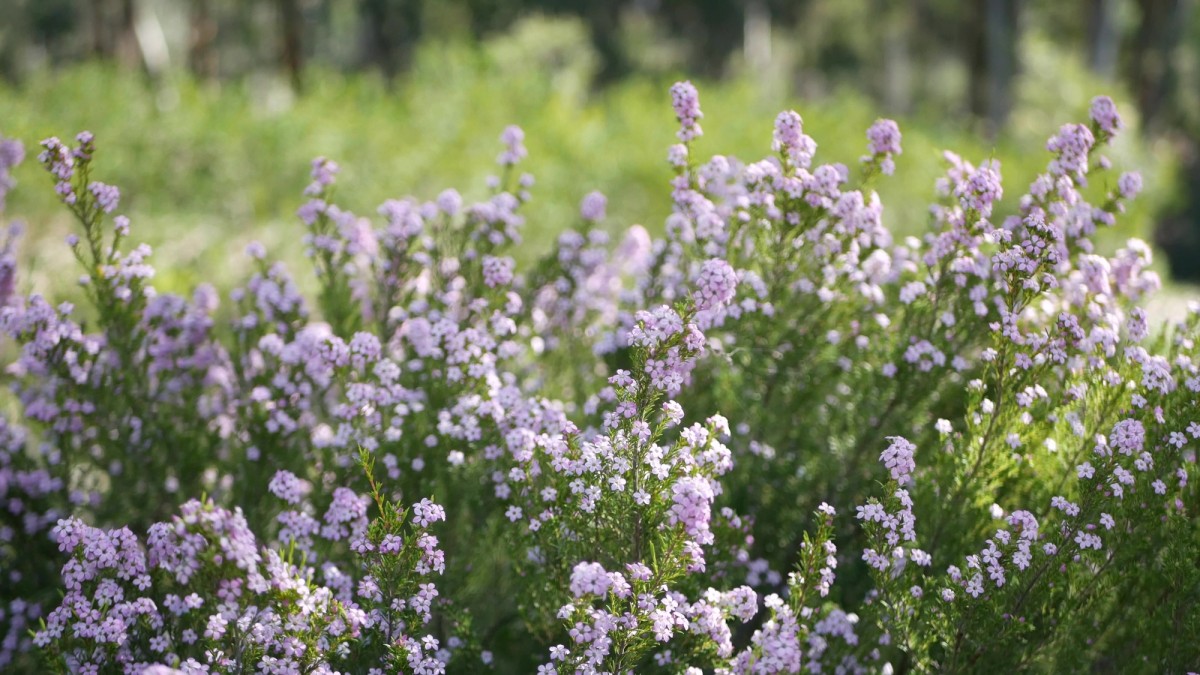
The final guide on how to plant, take care and discover the origin of Coleonema

The wisdom of the garden: the influence of popular proverbs on the plantation and the care of natural flowers

Let's discover the rose and its secrets: the May plant
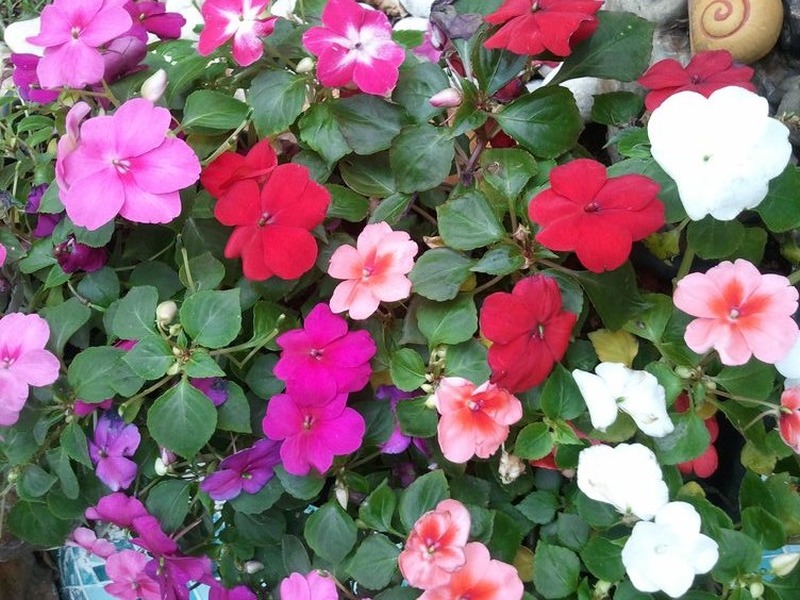
Friar Kiss – Balsamin Family
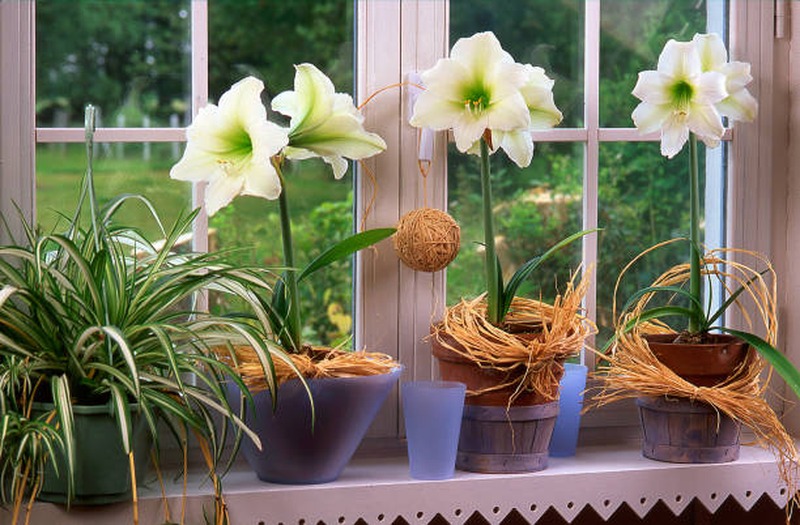
Amarilis – Learn to take care (Hippeastrum Hybridum)
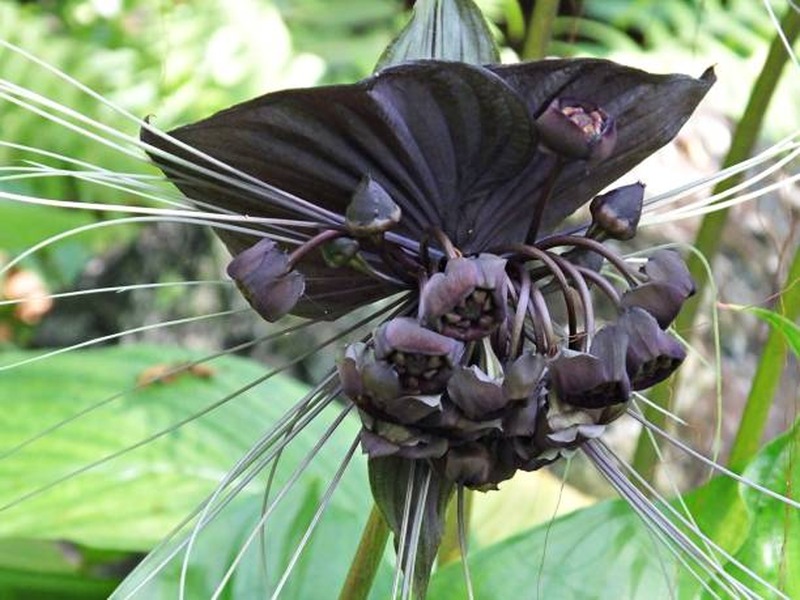
CHANTRIERI NOC – The bat flower has flowers resemble the bats


